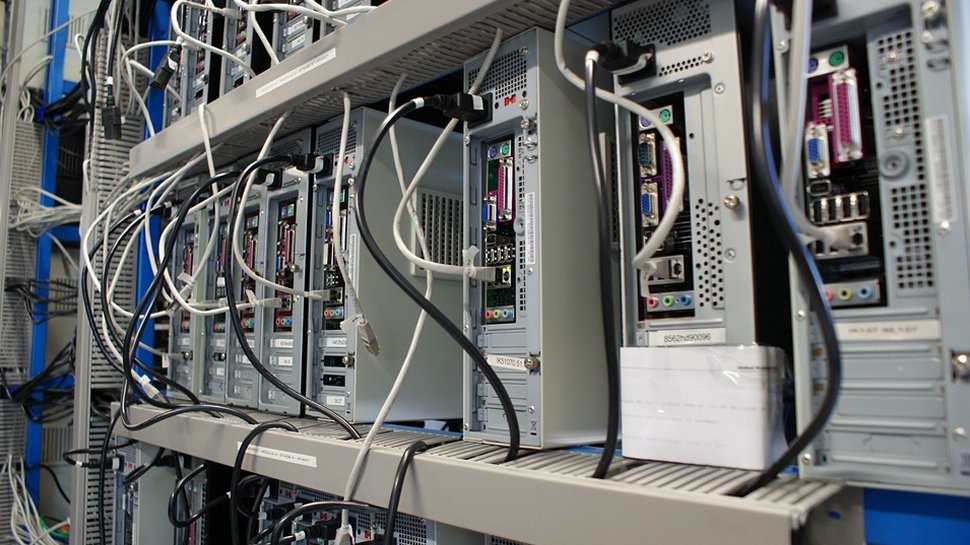Some of the world's biggest cloud computing firms want to make millions of servers last longer — doing so will save them billions of dollars every year
Alphabet, Amazon and Cloudflare are all looking to make significant savings

Some of the world's largest cloud computing firms, including Alphabet, Amazon, and Cloudflare, have found a way to save billions by extending the lifespan of their servers - a move expected to significantly reduce depreciation costs, increase net income, and contribute to their bottom lines.
Alphabet, Google's parent company, started this trend in 2021 by extending the lifespan of its servers and networking equipment. By 2023, the company decided that both types of hardware could last six years before needing to be replaced. This decision led to the company saving $3.9 billion in depreciation and increasing net income by $3.0 billion last year.
These savings will go towards Alphabet's investment in technical infrastructure, particularly servers and data centers, to support the exponential growth of AI-powered services.
Amazon and Cloudflare too
Like Alphabet, Amazon also recently completed a "useful life study" for its servers, deciding to extend their working life from five to six years. This change is predicted to contribute $900 million to net income in Q1 of 2024 alone.
Cloudflare followed a similar path, extending the useful life of its service and network equipment from four to five years starting in 2024. This decision is expected to result in a modest impact of $20 million.
Tech behemoths are facing increasing costs from investing in AI and technical infrastructure, so any savings that can made elsewhere are vital. The move to extend the life of servers isn't just a cost cutting exercise however, it also reflects the continuous advancements in hardware technology and improvements in data center designs.
More from TechRadar Pro
- How to choose the right server
- Google reveals new $1bn UK data center as AI demand soars
- Alphabet stock declines after poor cloud performance
Sign up to the TechRadar Pro newsletter to get all the top news, opinion, features and guidance your business needs to succeed!

Wayne Williams is a freelancer writing news for TechRadar Pro. He has been writing about computers, technology, and the web for 30 years. In that time he wrote for most of the UK’s PC magazines, and launched, edited and published a number of them too.